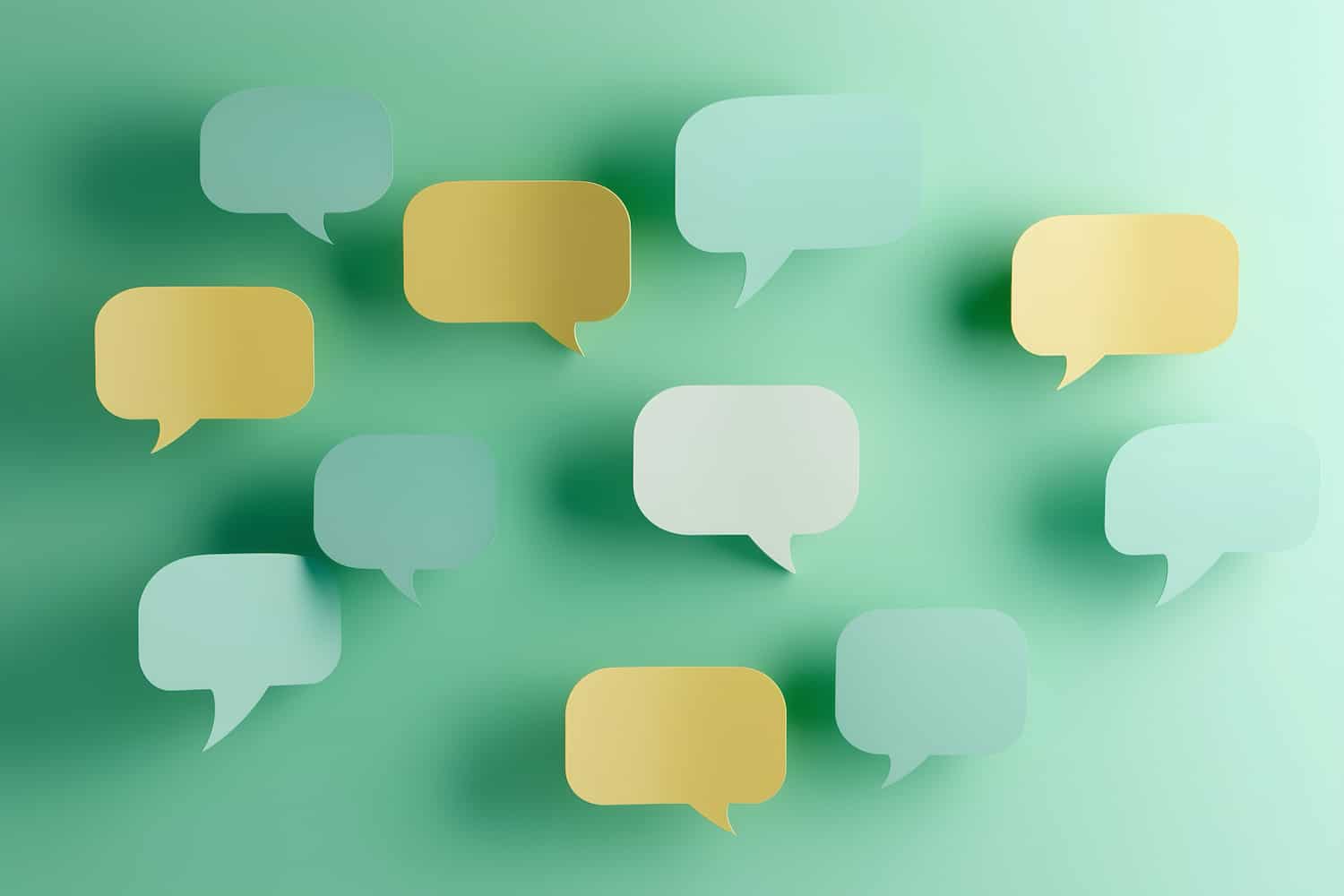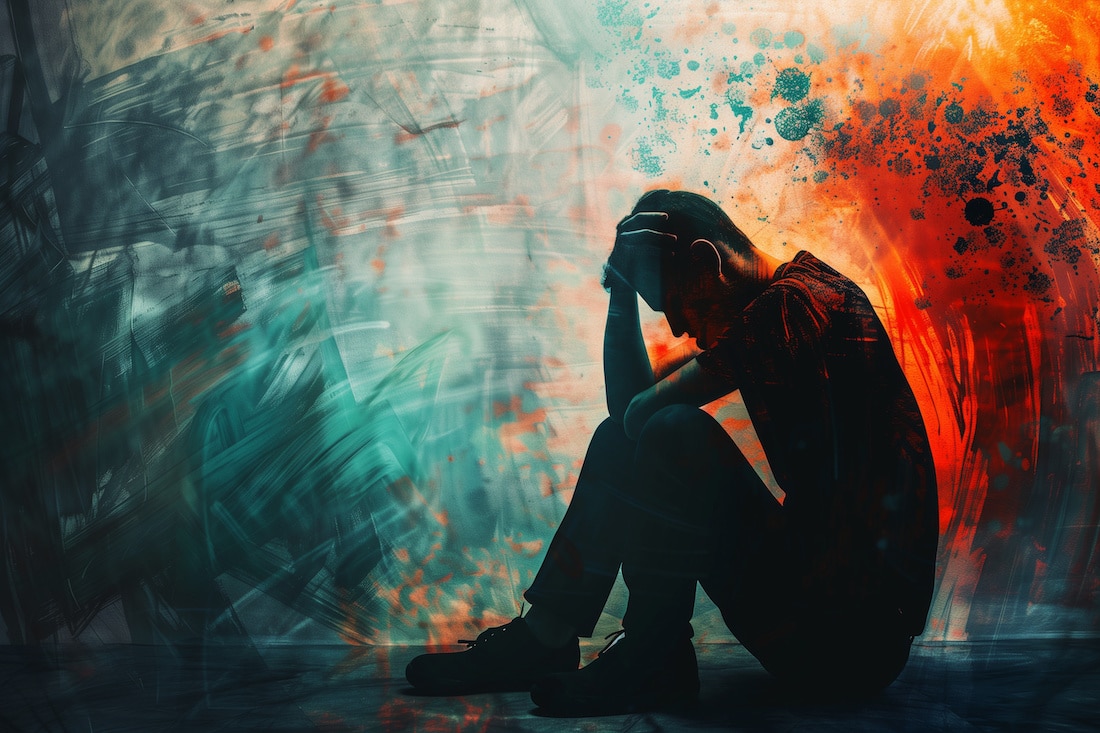 Social Anxiety Disorder is an intense fear of group situations. The sufferer fears that they may say the wrong thing or embarrass themselves in front of others. This can even happen when they talk to others on the phone — they feel they will say the wrong thing and be made fun of.
Social Anxiety Disorder is an intense fear of group situations. The sufferer fears that they may say the wrong thing or embarrass themselves in front of others. This can even happen when they talk to others on the phone — they feel they will say the wrong thing and be made fun of.
This social phobia can cause sufferers to be paranoid, nervous, and experience a panic attack. There are many different social situations in which someone may have issues.
In order to tell if you have Social Anxiety Disorder, you will want to look at certain reactions to different situations in groups and in public, as well as the symptoms of Social Anxiety Disorder.
For More Information About Our Anxiety Treatment Programs
Call Us At: (310) 455-5258
Physical Symptoms of Social Anxiety Disorder
When faced with a group situation, a person with Social Anxiety Disorder often begins to experience many of the following physical symptoms of Social Anxiety Disorder:
- Increased heart rate that will also make them feel lightheaded
- Raised blood pressure levels
- Reddening in the face, like blushing, that may also extend to the chest area
- Shaky hands and voice
- Sweating and sweaty palms
- Upset stomach, which can lead to nausea and diarrhea
- A feeling of confusion
Situations That Can Trigger Social Anxiety Disorder
Clues that you suffer from Social Anxiety Disorder include a fear of group situations, where you begin to feel anxious about going to work or school. You may find it difficult to make eye contact with people and you will find difficulty in speaking.
Some people experience Social Anxiety Disorder when they have to speak or perform in front of a crowd. Others may develop a fear of basic social activities, like a party or group meeting.
Some people who suffer from Social Anxiety Disorder may have a fear of writing in front of others, or taking tests while someone is watching. They may find it difficult to order food for themselves at a restaurant, or even use a public restroom.
Your reactions to these situations can often change, becoming less or more. The more you fear social interactions, the more chances your fear can lead to panic attacks, or worse. Someone who fears social interactions too much can develop agoraphobia, a fear of being outside alone, or leaving one’s own home.
This is why it is important to seek professional anxiety disorder treatment if you believe you may be suffering from Social Anxiety Disorder.



